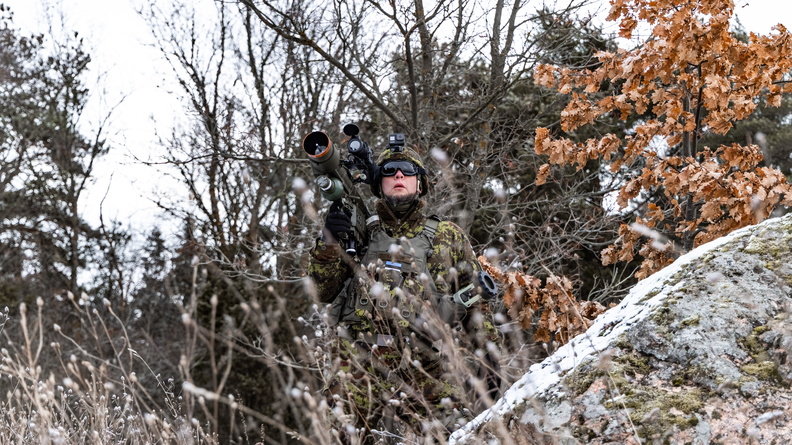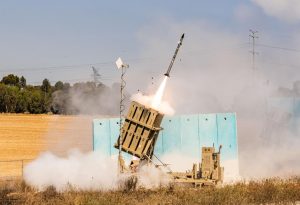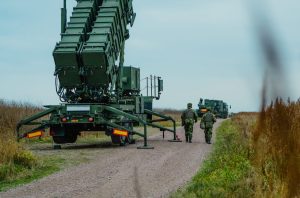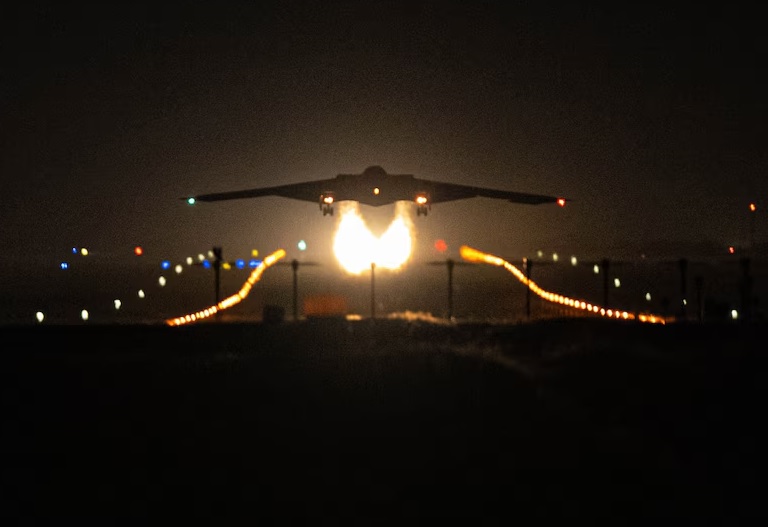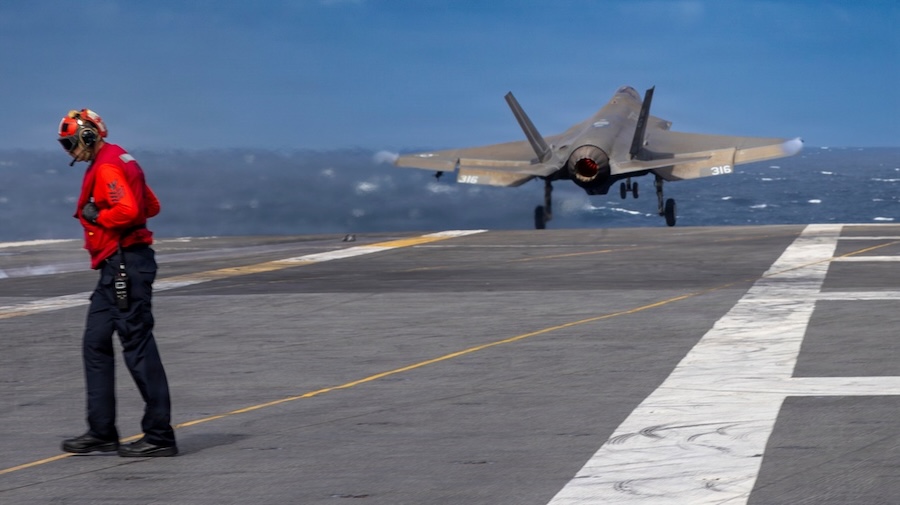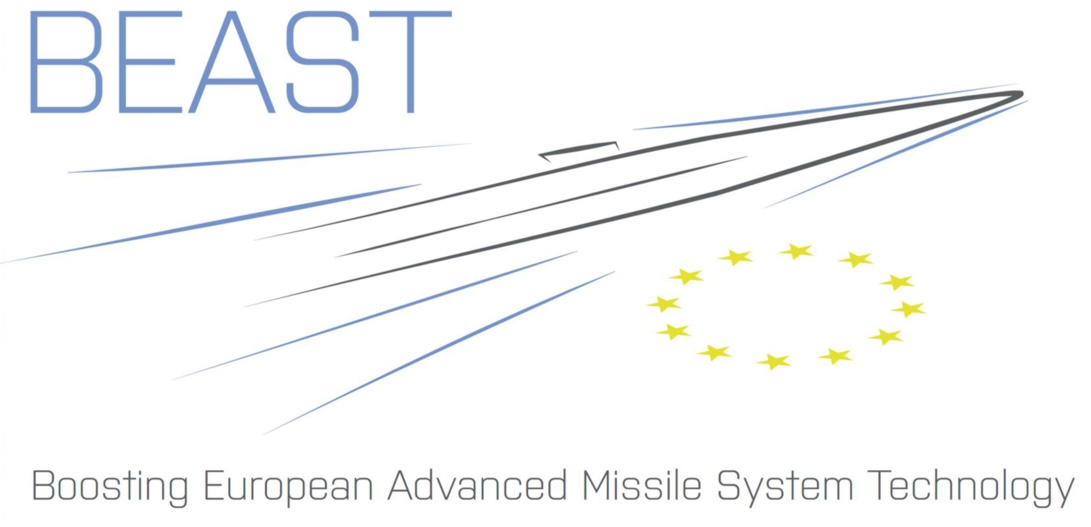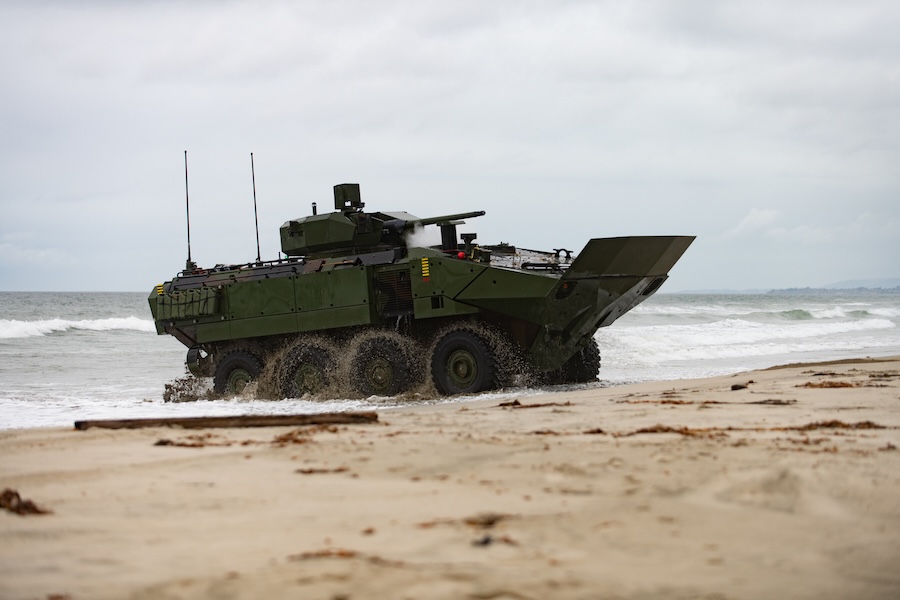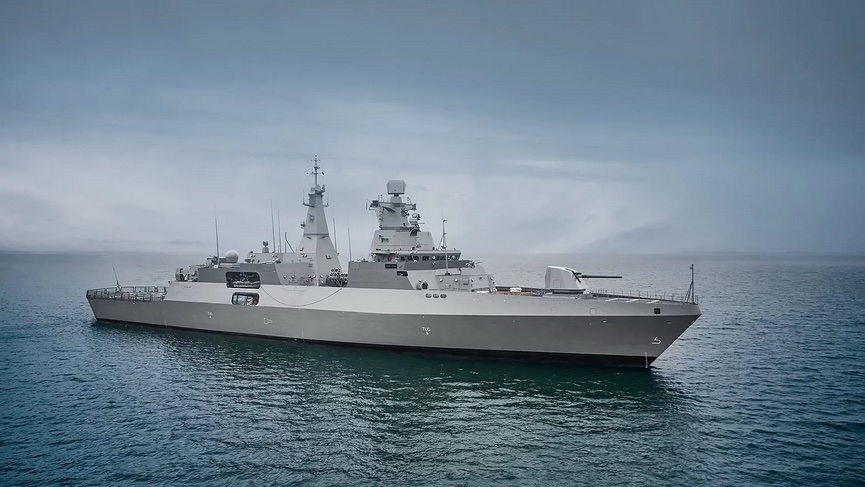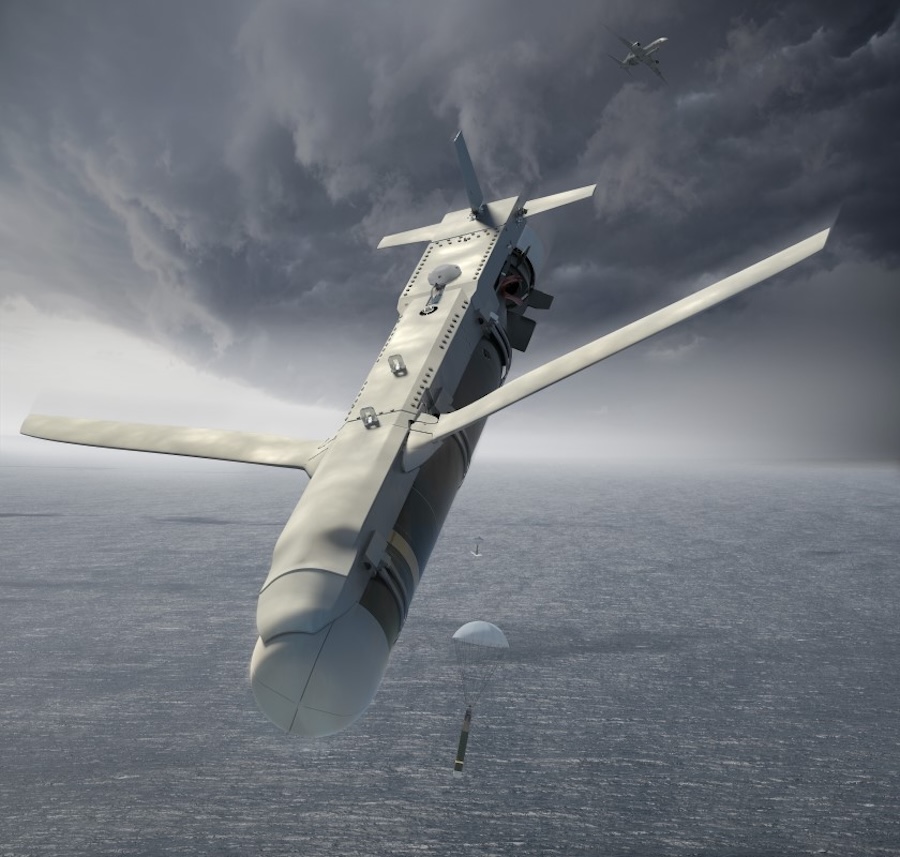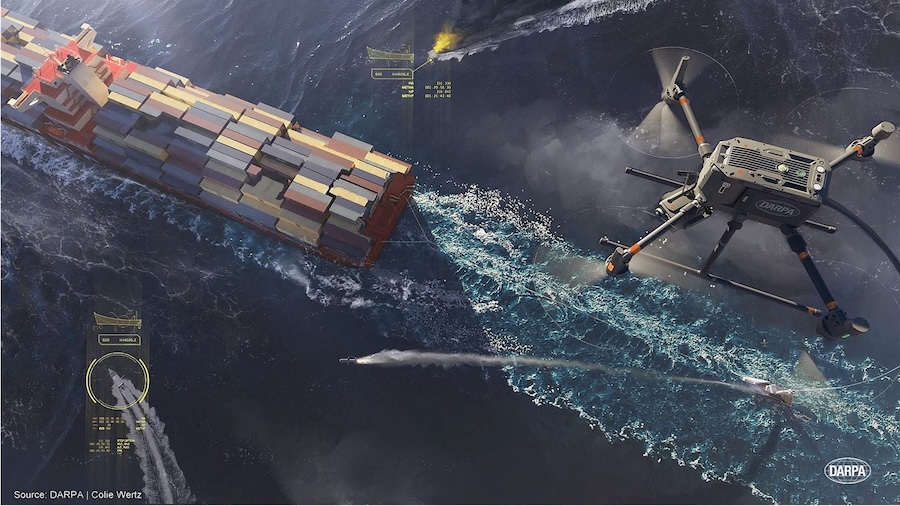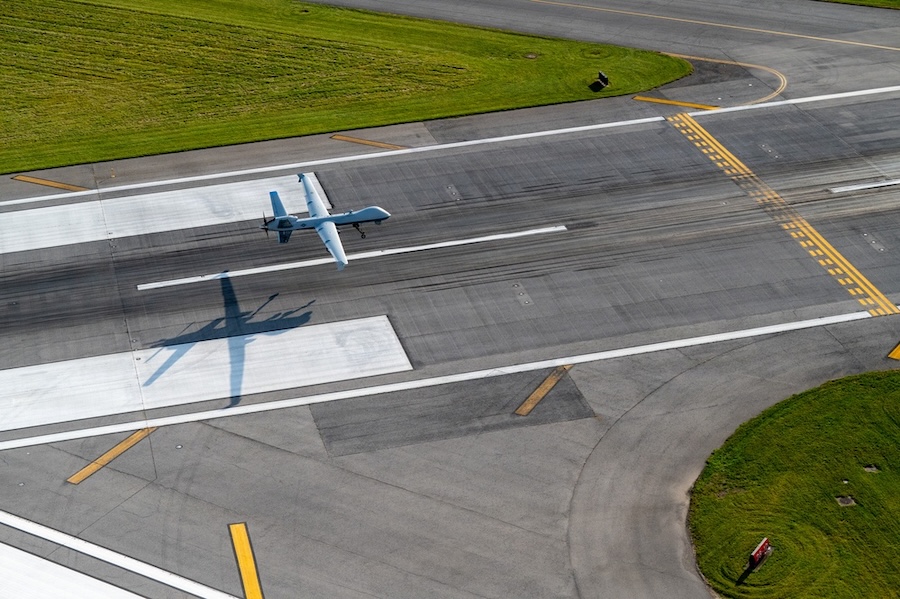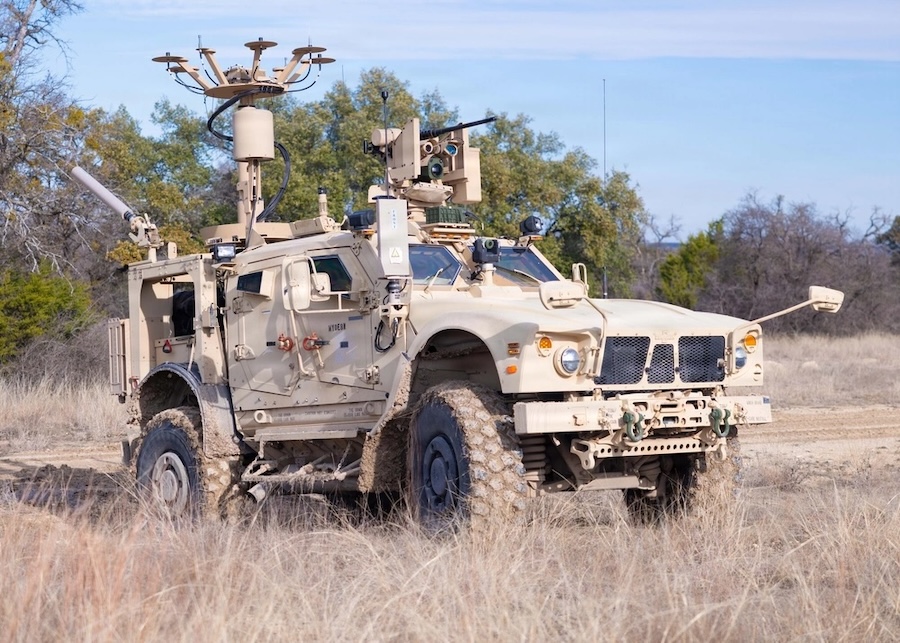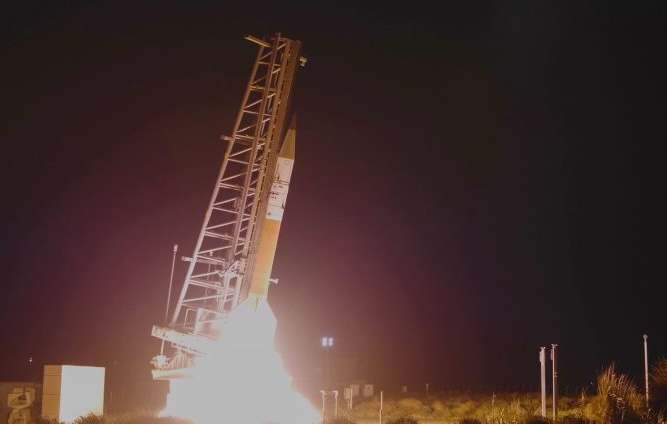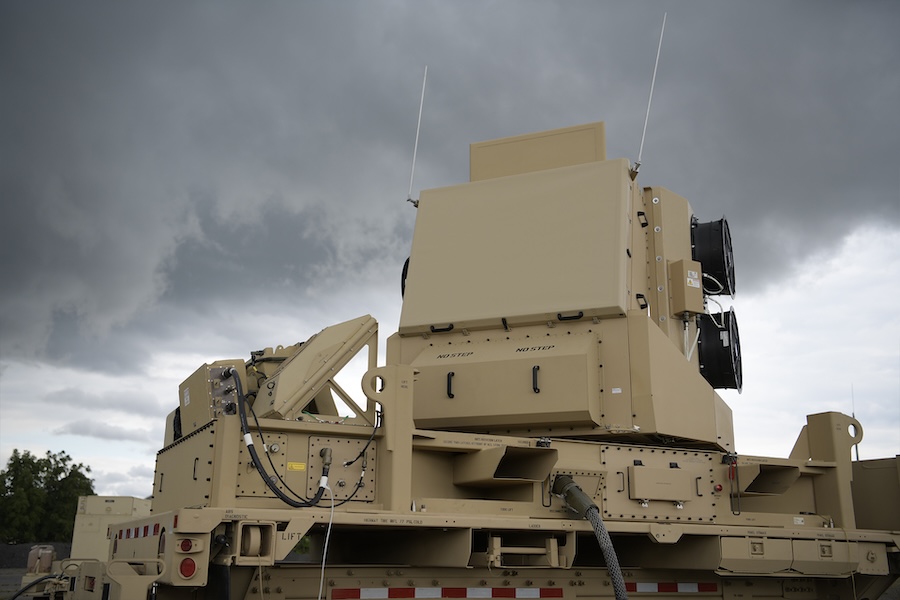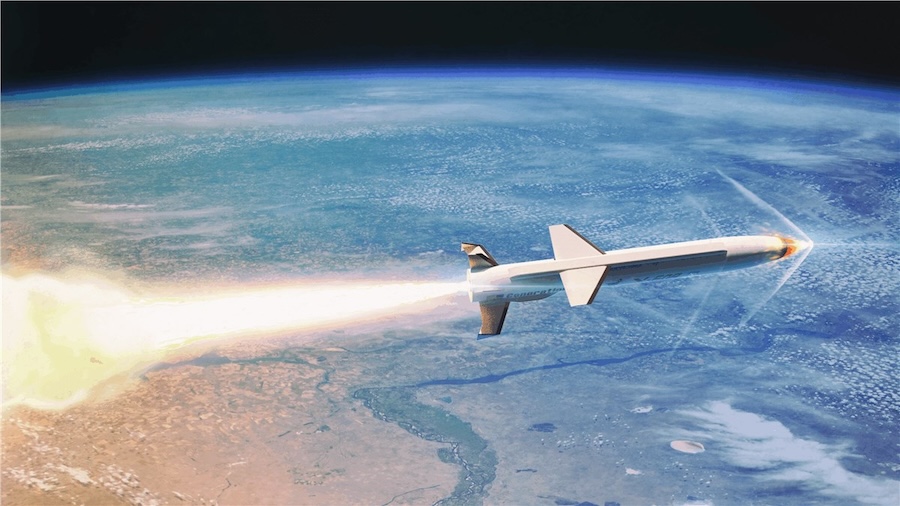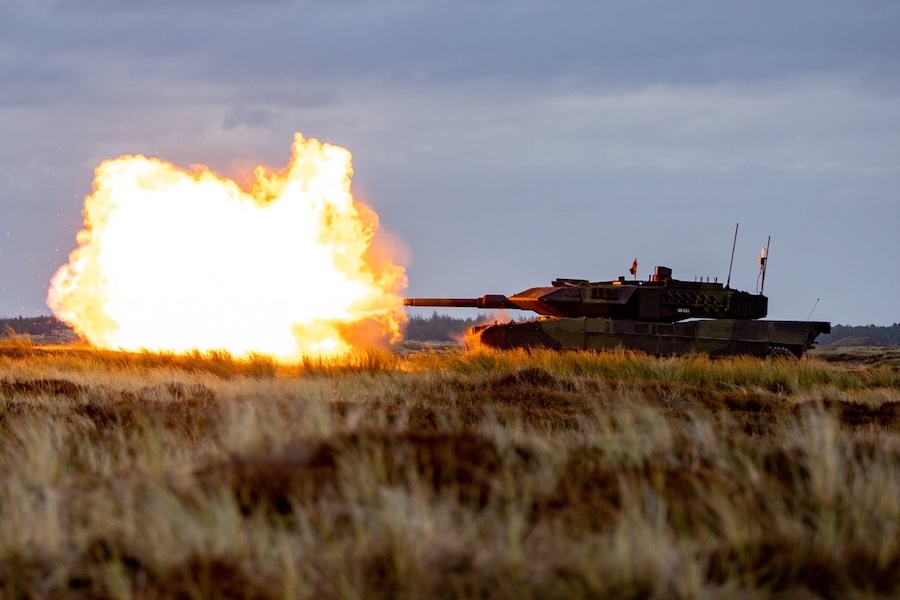Brigadier General Riivo Valge said the conflict in Ukraine continues to influence regional security and underlined the need for immediate readiness. “The Russian Federation’s war against Ukraine inevitably affects the security of our region. Although violations of Estonian airspace by unmanned aerial vehicles are a rare occurrence, we must nevertheless be prepared to respond to such situations immediately,” he said.
He added that the new measures improve reaction capability. “The recently launched operation creates conditions for a quicker response to potential airspace violations. It is not possible to completely eliminate the risks, but we can do our part to reduce them.”
According to Brigadier General Valge, all participants in the operation contribute directly to public safety. The initiative follows an exercise launched in mid September after airspace violations in Estonia and the wider region.
During that earlier exercise, personnel trained for rapid response and procedures were tested. Those activities laid the groundwork for the operation that is now under way.
The operation adjusts force protection at permanent Defence Forces locations and prepares units for fast relocation outside bases to respond more effectively to threats. Restrictions on flight activity in parts of Estonian airspace will remain in place during the operation.
Additional training has been provided to members of the Estonian Defence Forces and the Estonian Defence League to expand air defence capability. Cooperation with the Police and Border Guard Board has also been strengthened.
Active duty personnel, reservists, conscripts, and Defence League members are taking part. The operation involves multiple Defence Forces units and is coordinated by the Estonian Air Force.
Estonian airspace forms part of NATO’s collective airspace and is supported by allied air policing. Italy currently provides air defence through its Eurofighter Typhoon detachment and a ground based SAMP T long range missile battery.
The Defence Forces confirmed the national threat assessment remains unchanged and that no conventional Russian military action is expected in the near term. They noted, however, that risks linked to airspace violations have increased, though preventive measures can reduce them.


